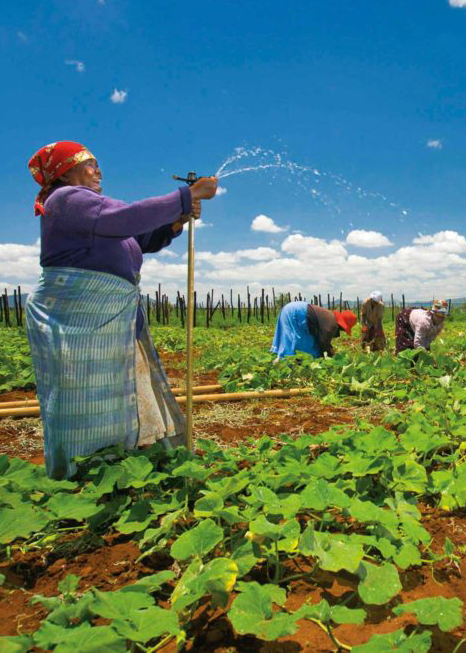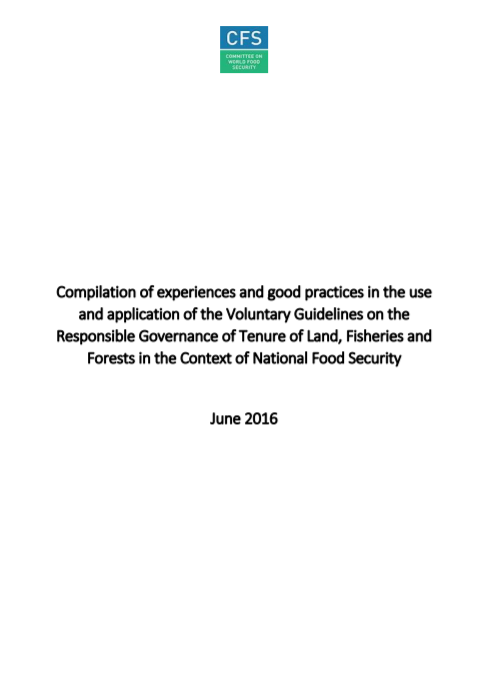Scaling up sustainable land management and restoration of degraded land
With current rates of land degradation reaching ten to twelve million ha per year, there is an urgent need to scale up and out successful, profitable and resource-efficient sustainable land management practices to maintain the health and resilience of the land that humans depend on. As much as 500 million out of two billion ha of degraded land, mainly in developing countries, have restoration potential, offering an immediate target for restoration and rehabilitation initiatives.1 In the past, piecemeal approaches to achieving sustainable land management have had limited impact.




